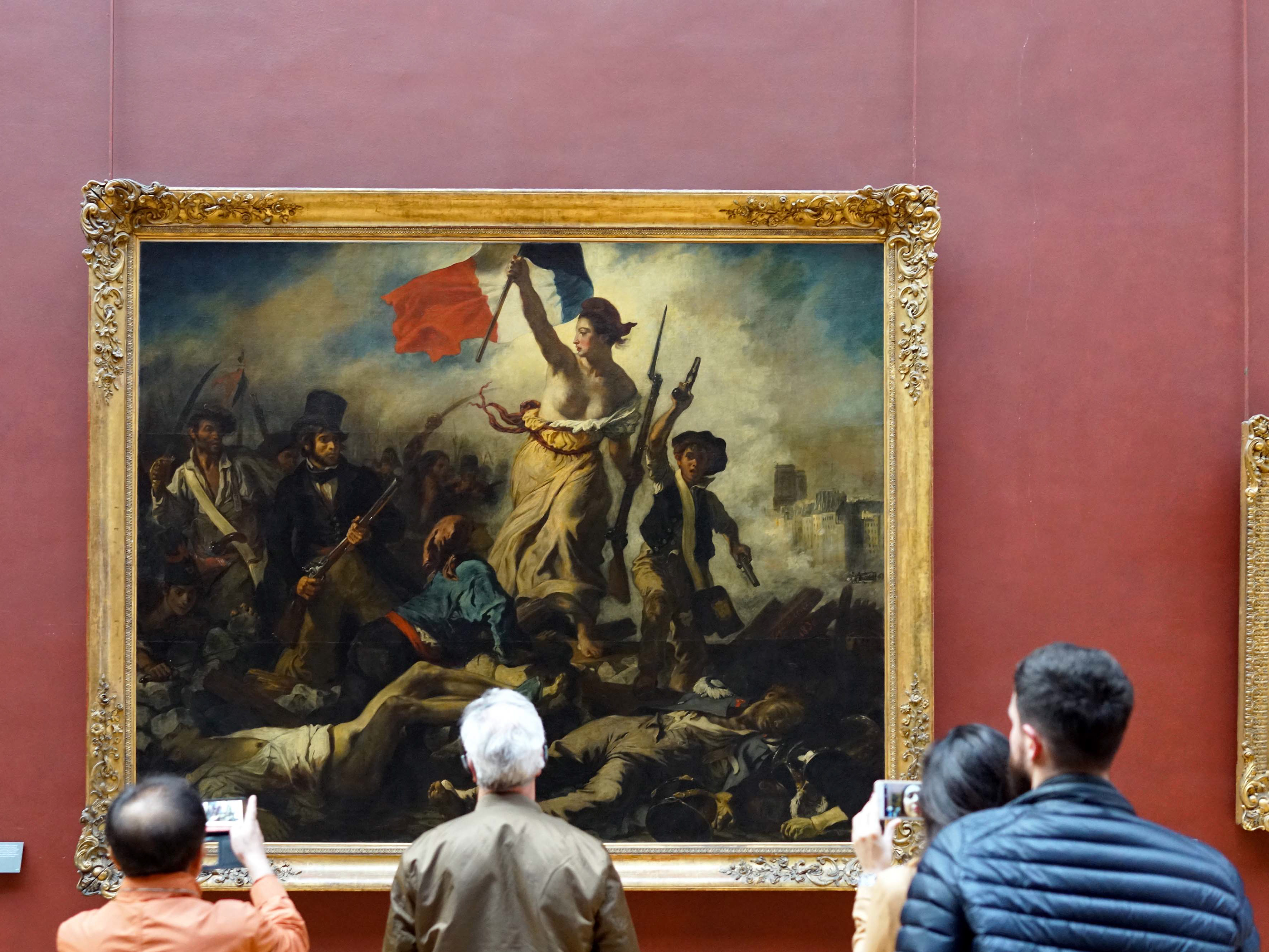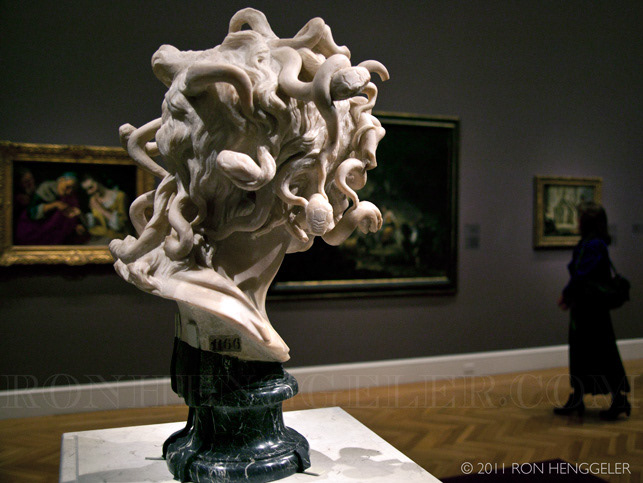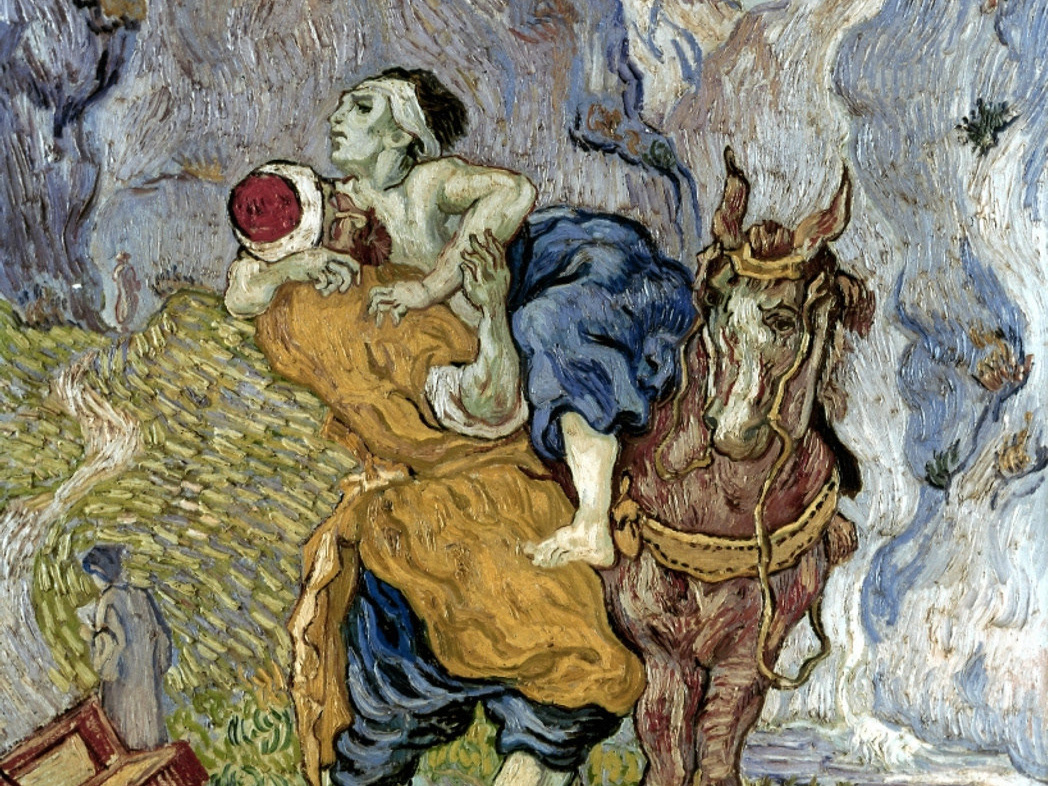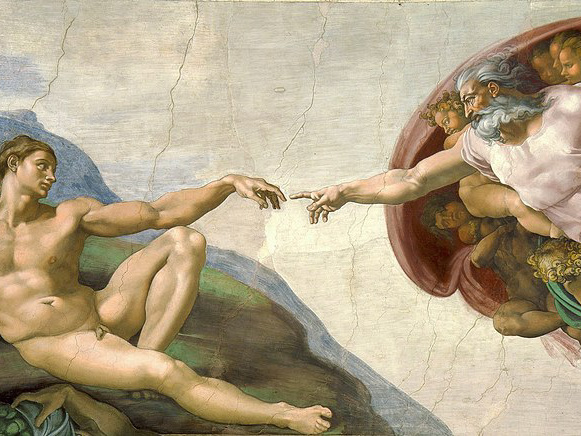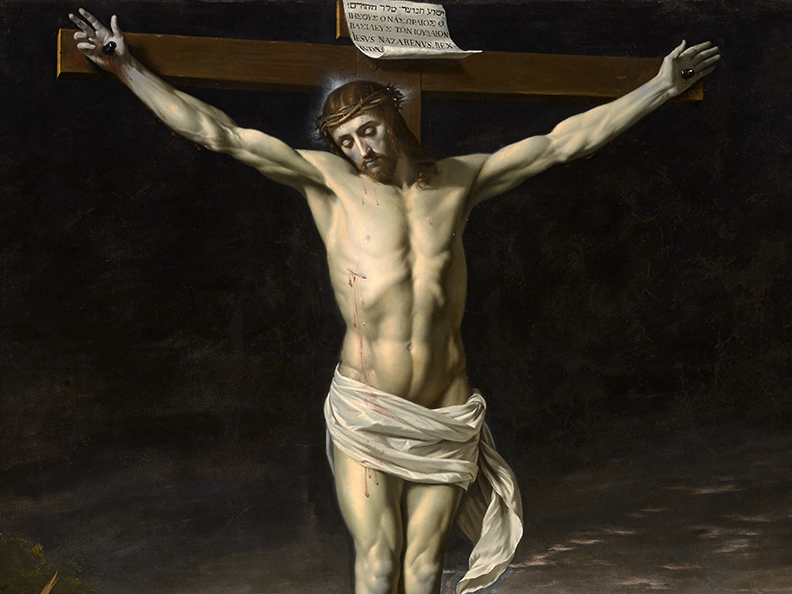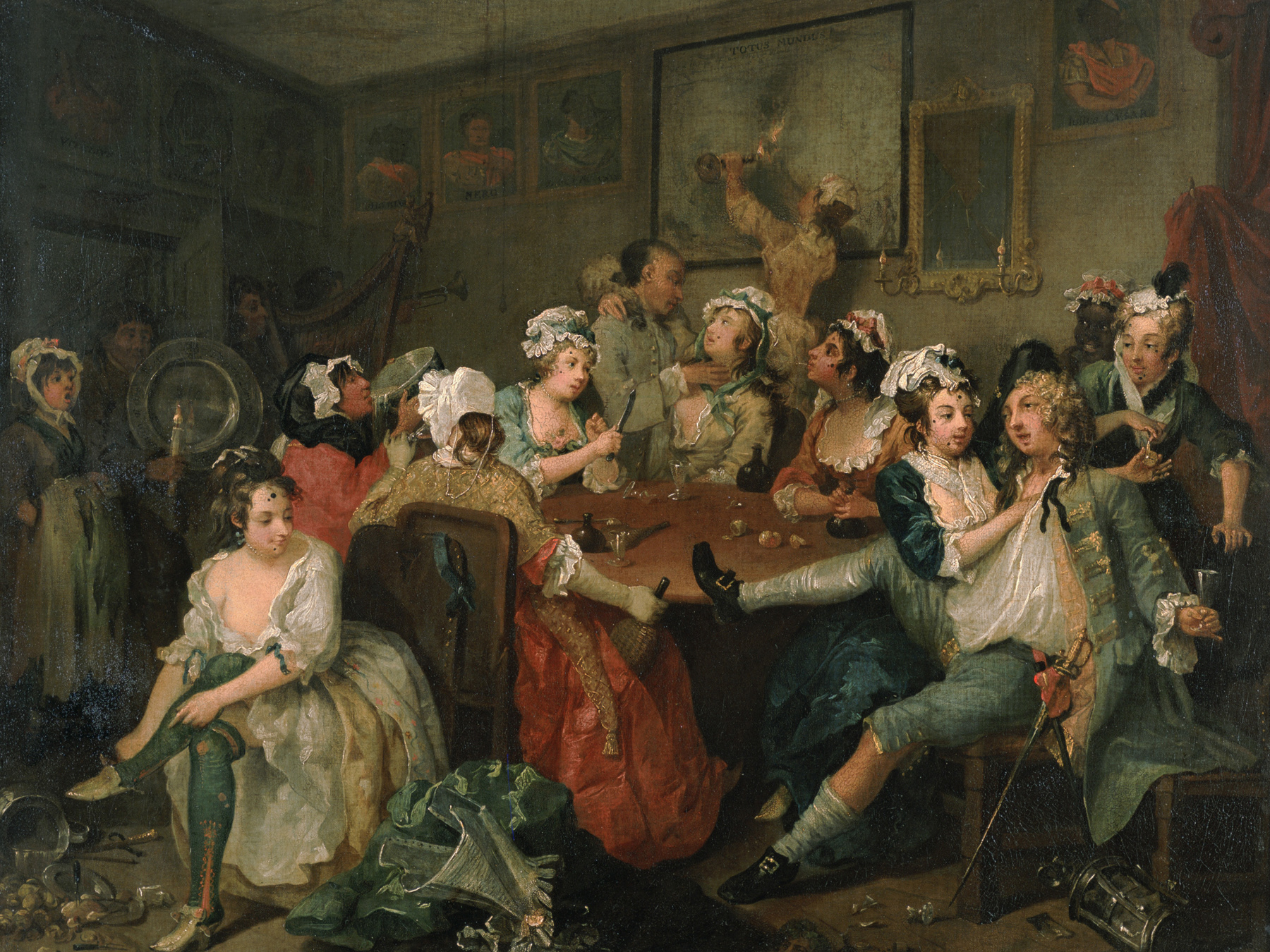I used to believe that Christ was king and that we, as his people, were meant to reign with him and enforce his law here and now.
I was wrong.
The truth is a sword wielded like a scalpel. And in this case, it had work to do. Because what I believed was shared by many: that the enforcement of God’s law was our job. That somehow, we could carry the mantle of his kingdom with our hands. That we, by effort or zeal, could hasten his master plan.
But the gospel does not call us to be foot soldiers. It calls us to be servants.
In my last reflection, The Faux Leader, I critiqued a version of Christian manhood searching for generals and kings when Christ came as a servant. And the expected rebuttal is easy to imagine: “But Christ is a king. Doesn’t Scripture say we will reign with him?” And yes—Christ is a king. But I believe that kingship is not the image he left us to imitate. It is the promise of what he will one day reveal in full.
Forgive me if this is unclear. I’ve only just begun to see it myself. The kingship of Christ is not absent—but it is not yet. It is the promise of his return, the hope of the church, the justice yet to come. If anything, it is a comfort for the weary, not a commission for the proud.
There are two ways to read it:
1. Christ has redefined kingship—he is the servant who wears the crown.
2. Or, his kingship is a prophecy not yet fulfilled—a crown awaiting its coronation.
I’m inclined toward the second. Revelation speaks of the return of a King. The millennial reign, the descent of the New Jerusalem—these are future realities. But the Christ who walked among us did not demand thrones. He bore a cross.
The king is yet to come.
I think of David—his scriptural parallel. Born in obscurity. Possibly illegitimate. Raised among sheep. Forgotten by his own father. The prophet Samuel passed over his brothers before finally anointing him. But even then, David did not ascend. He went back to the field. Then into exile. Then into hiding. His throne came later. But his formation came in the pasture.
Christ follows this arc. Born not in a palace, but a manger. Raised not in a temple, but in Nazareth. He walked among common men with common trades. He was the good shepherd before he would ever be seen as king.
And in the waiting, we are not called to rule. We are called to wait with oil in our lamps, to serve with no throne in sight. These two thousand years since the resurrection are not the era of reigning. They are the era of remembering. Of watching. Of serving.
Because there is no king without the shepherd.
So when I hear sermons that lay out masculine leadership as:
* Take responsibility
* Lead your family
* Protect, provide, preside
I hear more Caesar than Christ.
Yes, there are scriptures that speak to the responsibility of husbands and fathers. But the tone often drips with Victorian honor culture, not cruciform humility. There is strength in manhood, yes—but the shape of it is service. The weight of it is surrender.
And until we understand that, we will keep crowning ourselves too early.
Because the king is yet to come.
And for now, we are still in the field—watching sheep, waiting well.
